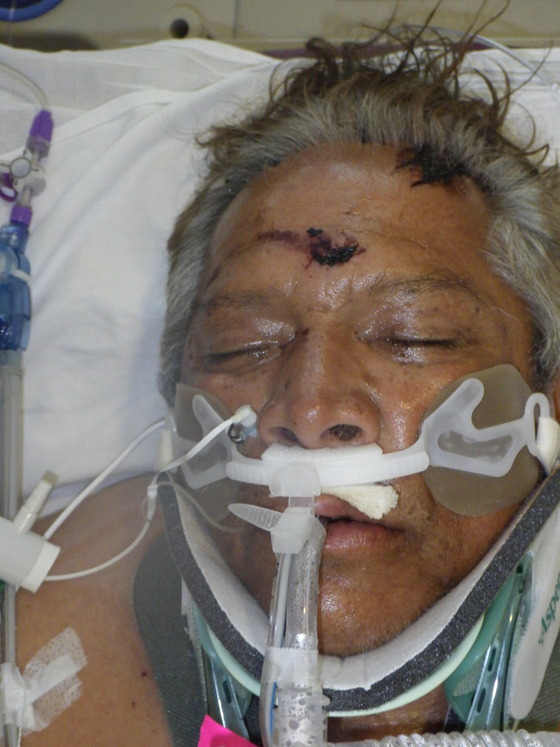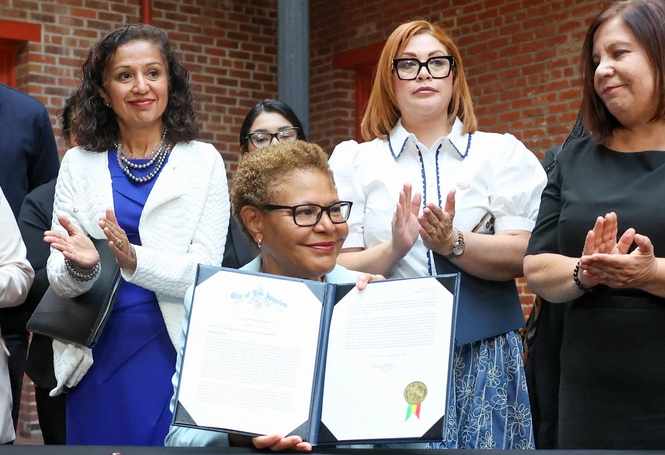When you live in a city like Santa Monica, there can be a lot of outside stimulus for your kids. It is crucial to help your children develop good emotional habits. With a crowded home, some kids go inward and create coping mechanisms that are unhealthy. While some of these habits appear innocuous, they can lead to stunted growth and coping that doesn’t enable them to deal with their problems as an adult. Below are some habits that you should get your kid away from and help them work towards cultivating better coping mechanisms.
Nail Biting
One bad habit that could seem harmless is nail biting. Biting your nails can last into adulthood, but it is an unhealthy way to cope with discomfort and anxiety. It is vital to nip this habit in the bud before it becomes solidified. Habits are hard to break once they get established, that’s why it’s key to help your children stop biting their nails as soon as they start. While it isn’t easy, one way to mitigate the habit is to use Onyx Stop the Bite.
This product is nail polish that tastes bitter and unpleasant. When your child goes to bite their nails, they will taste the product. The taste will discourage them to keep up the habit because it will no longer provide the satisfaction that they are looking for when they’re biting their nails. The unfortunate thing about nail biting is that it is accepted, even when the child grows up. That’s why it is absolutely imperative to help your children stop biting their nails with a product like Onyx.
Thumb Sucking
Another bad habit that you should do your best to stop is thumb sucking. While sucking their thumbs is a natural early emotional coping mechanism and method to deal with the pain of teething, it can quickly become an obstruction to their emotional progress. Not only does thumb sucking slows emotional development when it comes to dealing with their problems, it will lead to negative physical consequences.
The worst problem that thumb sucking causes is malocclusion. This is when either the top row misaligns with the bottom row in an overbite or when they are both directed outward in an open bite. It can get so bad that the child needs to receive orthodontic treatment. Beyond malocclusion, thumb sucking can cause speech impediments and skin irritation.
Thumb sucking doesn’t just push the teeth outward and cause speech problems, it can lead to an inability to express themselves. They may need to go to speech therapy to develop the use of certain sounds. Furthermore, the emotional coping that doesn’t occur when your child sucks their thumbs can lead to difficulty dealing with their emotions.
The final physical consequence that results from thumb sucking is skin irritation. Moisture makes the thumb and fingers more vulnerable and leads to peeling, ingrown nails, bleeding, and cracking. If it goes even further, the irritation may result in infections.
To stop your child from sucking their thumbs, you can buy a thumb guard or a similar nail polish that tastes bitter. It will discourage them from the habit. These methods will make thumb sucking less satisfying and they’ll stop naturally.
Preoccupations with Hair
A third physical habit that is a response to inefficient coping mechanisms is playing with, twirling, or pulling on their hair causing it to fall out, weaken, or need extra product to remain healthy. Some children put their hair in their mouths. It can cause skin issues and even lead to their hair falling out. To stop this you can turn their hair up or cut it short. Like thumb sucking and nail biting, preoccupations with hair are another emotional coping mechanism.
When you live in a dynamic environment, some children go inward. They can have trouble expressing themselves and coping with their emotions. Instead of developing new development skills, children can continue with thumb sucking because it’s comfortable or move on to nail biting and preoccupations with hair or other parts of their body. While some of these habits may seem harmless, they are a sign that your child is developing at a slower pace. If you can’t get your kids to stop with their bad habits, you might want to take them to a doctor who can evaluate their emotional growth


























